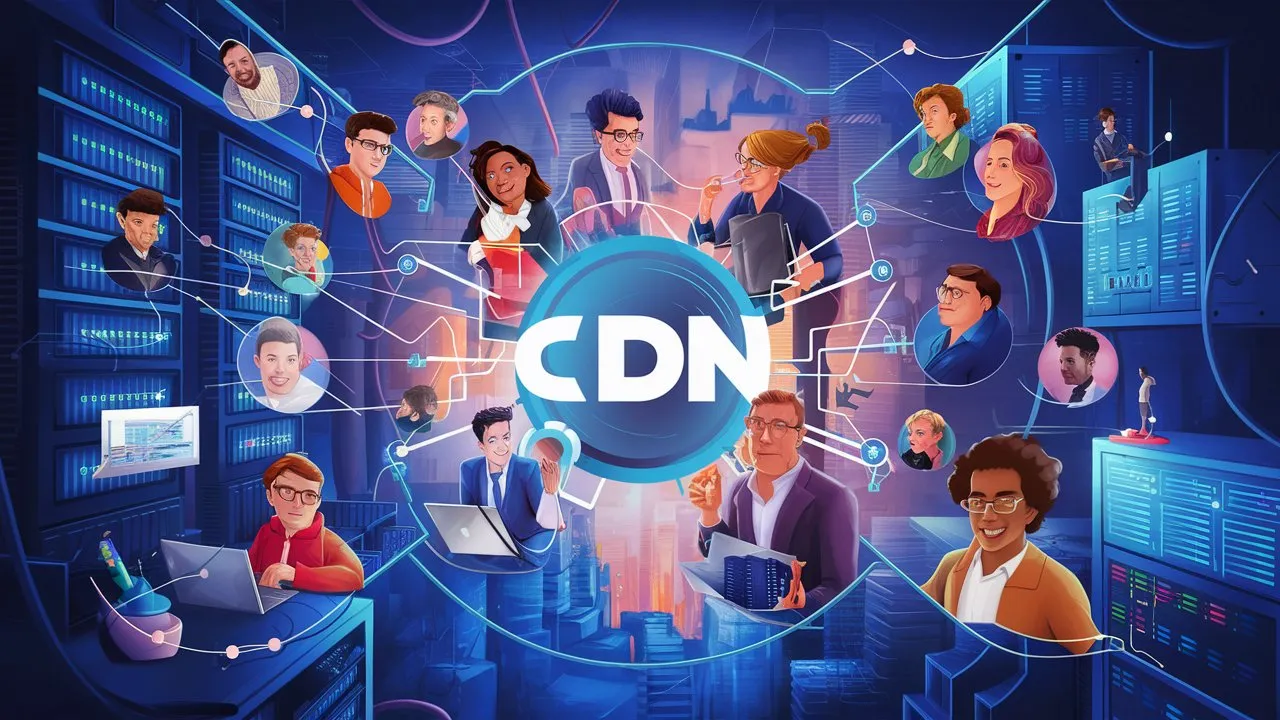Table of Contents
Why Secure Website Access Matters:
In today’s What Technology Provides Secure Access To Websites digital landscape, ensuring secure access to websites is crucial for safeguarding your sensitive information from potential threats. Whether you’re shopping online, accessing your bank account, or simply browsing the web, secure website access protects your data from prying eyes and malicious actors.
When connecting to a secure website, understanding the technology that ensures secure access is crucial. HTTPS, the backbone of web and website security, uses encryption to protect user data, ensuring that confidential information remains safe. Many websites use SSL certificates and TLS protocols to establish a secure connection between the user’s browser and the web server.
This added layer of security is a robust defence against hijacking, cookie hijacking, and downgrade attacks. Additionally, a VPN adds another level of protection by masking the IP address, making it difficult for hackers to intercept data transmitted while accessing websites. As a website owner, the power is in your hands to configure these tools properly, thereby enhancing the security of your website at every stage.
Protecting Your Data from Prying Eyes:

Cybercriminals are constantly on the lookout for opportunities to intercept and exploit sensitive information transmitted over the internet. Secure website access serves as a barrier against these threats, encrypting your data and preventing unauthorized access to your personal and financial details.
Avoiding Phishing Attacks and Scams:
Phishing attacks and scams are prevalent online, with cybercriminals using deceptive tactics to trick unsuspecting users into divulging their sensitive information. Secure website access helps thwart these attempts by providing mechanisms to verify the legitimacy of websites and detect fraudulent activity.
The Hero of Security: HTTPS Explained:
At the heart of secure website access lies HTTPS, or Hypertext Transfer Protocol Secure. HTTPS encrypts data exchanged between your web browser and the website you’re visiting, ensuring that sensitive information remains confidential and protected from interception by third parties. Get More Info What Technology Provides Secure Access To Websites.
Encryption: The Secret Weapon:

Encryption is the secret weapon in the fight against online threats. By scrambling data into an unreadable format, encryption makes it virtually impossible for unauthorized parties to decipher and exploit your sensitive information. With secure website access employing robust encryption protocols, your data remains safe from prying eyes and potential cyberattacks. What Technology Provides Secure Access To Websites?
HTTPS, or HyperText Transfer Protocol Secure, utilizes SSL or TLS to secure communication. The web application interacts with the browser and the web server through transport layer security, creating a secure connection. Unlike regular HTTP, HTTPS ensures the authenticity of website data through certificate authorities, validating the certificate on your website.
HSTS (HTTP Strict Transport Security) plays a pivotal role in this, enhancing security by ensuring that browsers only connect to the website using TLS. The secure sockets layer and web application firewall (WAF) are other crucial components in building and maintaining a secure site, protecting against malware, SQL injection, and XSS attacks.
Using a content management system like WordPress also necessitates proper security measures, such as installing authentication standards and technologies and practices like http strict transport security to fortify the platform’s security.
Why Secure Website Access Matters:
In today’s digital age, the importance of secure website access cannot be overstated. It serves as the first line of defense against cyber threats, ensuring that your sensitive information remains protected while you navigate the vast expanse of the internet. Whether you’re logging into your online banking account, making a purchase, or simply browsing for information, secure website access provides peace of mind by shielding your data from potential breaches and unauthorized access. What Technology Provides Secure Access To Websites.
Protecting Your Data from Prying Eyes:

Cybercriminals are constantly lurking in the shadows, seeking to exploit vulnerabilities and intercept sensitive information transmitted over the internet. Secure website access acts as a shield against these malicious actors, employing encryption techniques to scramble data and render it unreadable to anyone without the proper decryption key. By safeguarding your data from prying eyes, secure website access ensures that your online interactions remain private and secure. What Technology Provides Secure Access To Websites.
Avoiding Phishing Attacks and Scams:
Phishing attacks and online scams are pervasive threats that prey on unsuspecting internet users, aiming to deceive them into divulging personal information such as usernames, passwords, and financial details. Secure website access plays a pivotal role in thwarting these malicious attempts by implementing measures to verify the legitimacy of websites and detect potential phishing scams. By staying vigilant and practicing safe browsing habits, you can minimize the risk of falling victim to phishing attacks and protect your sensitive information from exploitation. What Technology Provides Secure Access To Websites.
The Hero of Security: HTTPS Explained:
At the core of secure website access lies HTTPS, or Hypertext Transfer Protocol Secure. HTTPS encrypts the data exchanged between your web browser and the website you’re visiting, ensuring that it remains confidential and protected from interception by unauthorized parties. This encryption mechanism serves as a fundamental building block of online security, safeguarding your sensitive information from eavesdropping and tampering while in transit over the internet.
Encryption: The Secret Weapon:
Encryption is the secret weapon in the arsenal of cybersecurity, providing a robust defense against unauthorized access and data breaches. By converting plaintext data into ciphertext through complex mathematical algorithms, encryption renders sensitive information indecipherable to anyone without the corresponding decryption key. With secure website access leveraging encryption techniques, your data remains secure and protected from prying eyes throughout its journey across the internet.
Every content management process should involve security measures to secure sources of content and the website’s integrity. Expert-verified answer strategies often include steps in the authentication process to confirm identity and prevent breaches involving name and password or credit card numbers.
To connect to a website using secure sites, the user’s browser asks for verification from certificate authorities like VeriSign before allowing access. Proper content management system settings can protect from cyber-attacks and web application vulnerabilities.
What Technology Provides Secure Access To Websites
Securing website access is not just a matter of convenience; it’s a fundamental aspect of protecting your digital identity and sensitive information in an increasingly interconnected world. By prioritizing secure website access, you take proactive steps to safeguard your online interactions and defend against evolving cyber threats.
From encrypting data transmissions to verifying website authenticity, each aspect of secure website access plays a crucial role in fortifying your online defenses and preserving your privacy. By understanding the importance of HTTPS encryption, authentication protocols, and encryption mechanisms, you empower yourself to make informed decisions and navigate the internet with confidence.
FAQs:
What is secure website access?
Secure website access involves protocols like HTTPS encryption and authentication mechanisms to protect sensitive data from cyber threats while browsing the internet.
Why is HTTPS important?
HTTPS encrypts data exchanged between your browser and websites, ensuring confidentiality and integrity. It safeguards against eavesdropping and tampering by malicious actors.
How can I enhance my online security?
To enhance online security, use strong, unique passwords, stay informed about security threats, and keep software up to date. Practice caution when visiting unfamiliar websites and utilize tools like VPNs for added privacy.





